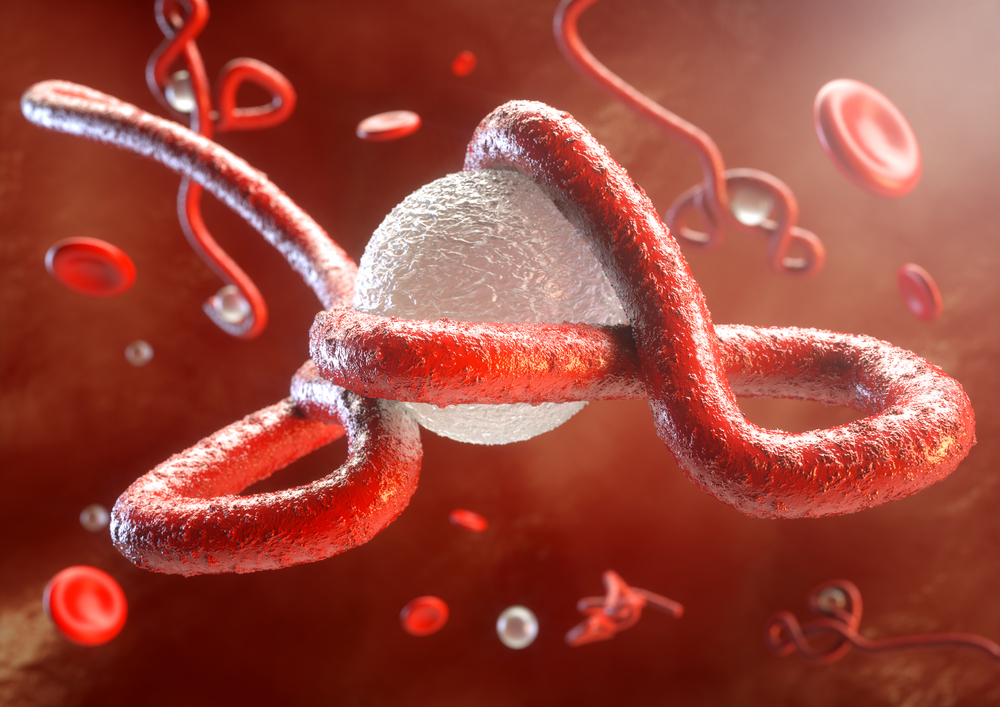
The Ebola virus uses the body’s natural defenses to speed the rate of infection and cause its lethal effects, according to a recent study conducted by researchers with the University of Texas Medical Branch at Galveston (UTMB).
The study was in collaboration with the University of Washington and the National Institute of Allergy and Infectious Diseases (NIAID).
Part of the reason the virus becomes so severe is its ability to cause the body’s immune system to malfunction. T-cells, which are responsible for destroying virus-infected cells, are particularly vulnerable to Ebola’s effects.
“In this study, we demonstrated the central role of a T-cell protein called Tim-1 in the development of Ebola virus disease,” UTMB researcher and senior author of the study Alexander Bukreyev said. “Mice that were genetically engineered without Tim-1 became less ill when infected with Ebola virus and only one died, whereas all of the unmodified mice succumbed.”
He continued, stating that mice without Tim-1 had only slightly lower levels of the virus in their bodies compared to unmodified mice, which suggested to him that the virus needed Tim-1 cells to spread.
For the study, the research team ran a series of biological analyses in mice with Tim-1 cells and immune cells that were isolated from human donors.
Results concluded that the Ebola virus binds directly to T-cells through Tim-1 protein binding, which causes massive inflammation that ultimately harms the body’s immune system. However, Tim-1 deficient mice immune systems used a different method of destroying the virus that helped protect them.
“Understanding how the invading Ebola virus impacts the host’s immune system is a very important step in developing targeted therapies for Ebola virus disease,” Bukreyev said. “The findings of this study indicate that drugs that block Tim-1 could be a potential new treatment for people with Ebola.”
The study has been published in detail in a recent issue of the journal mBio.




